Who we ARE and What we DO
Kedma works to create a significant transformation in the field of education. The association was founded by parents, educators, and social activists with an ambition to change the situation whereby students from weakened populations, especially from Oriental Jewish backgrounds, reach low educational achievements, opt for professional courses, and even drop out of educational institutions entirely, with the consequence of their chances of success significantly decreasing. The association grew out of a struggle for equal education for all Israeli students, regardless of their economic situation, their ethnic background or the place they live.
We support innovative schools, develop and distribute materials and tools for alternative instruction that are sensitive to weakened populations, and train teachers to operate out of a worldview that is based on social justice. Our perspective is based on education as a social basic right and a fundamental condition for bridging social gaps.
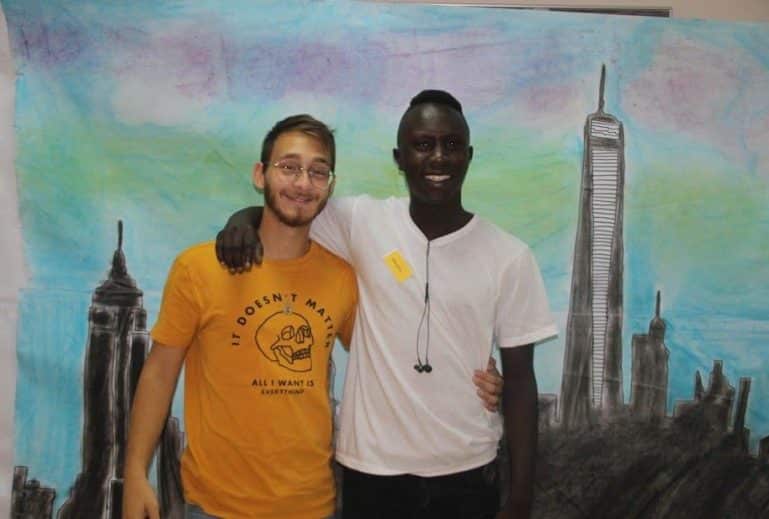
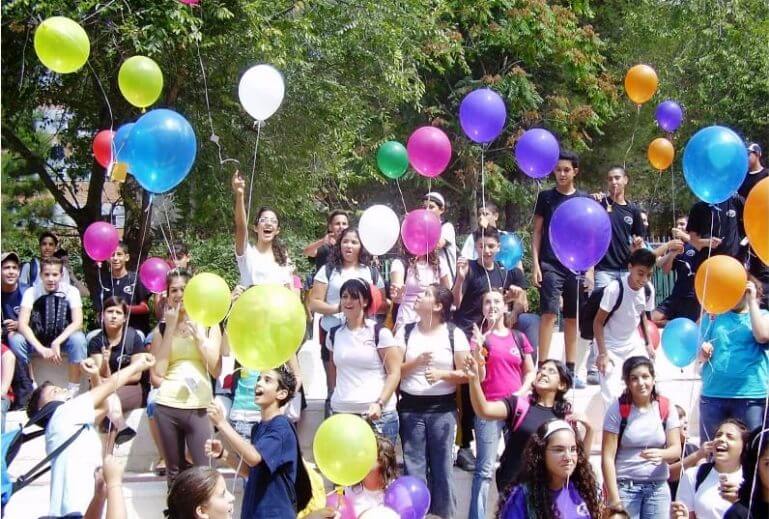
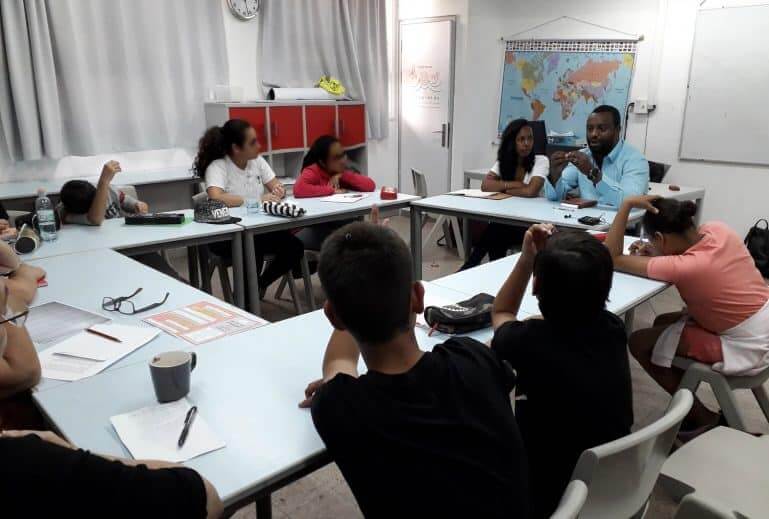
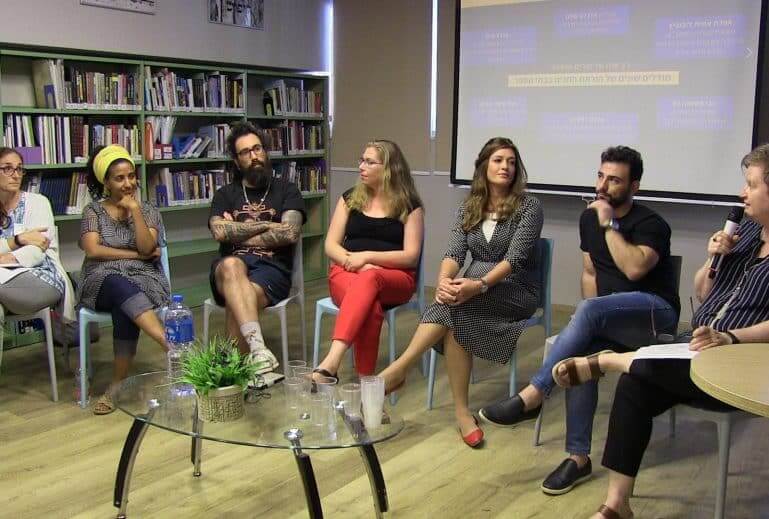
Along with the foundation of the non-profit association, its founders strengthened their ambition to establish high-quality schools that are open and inclusive, without practices of assortment and grouping according to academic levels, to be established in weakened neighborhoods, and encourage the expression of the students' culture and character. Approximately 20 years ago, the founders established Kedma School in the Katamonim neighborhood in Jerusalem, where 70% of its graduates completed their studies with a full matriculation certificate (above the average national percentage). This statistic is even more impressive since our students come from a low socio-economic background and significant educational gaps. Four years ago the Neve Hof School in Rishon Le'Zion was transferred to the administration of the association.
Our Influence
Kedma is committed to the success of students from weakened populations, and works through two main channels to achieve this end:
1. We Promote and Implement an academic model for decreasing gaps in education in public schools – in Kedma High School in Jerusalem and Neve Hof in Rishon Le'Zion – the association supplies knowledge, resources, and teacher training in order to lead students to excellence, through achieving full matriculation, and self-actualization of their skills and abilities. The curriculum includes much pedagogic content, tutoring, varied teaching strategies designed for quality education and social involvement.
2. We Develop unique educational programs for teachers and administrators that reflect Kedma's basic values. These are delivered through educational activities, instruction books, and a bi-monthly newsletter, along with workshops that provide tools for implementing Kedma's model in other Israeli schools. Also, we hold an annual conference for educators that is offered in collaboration with higher education institutions in Israel.

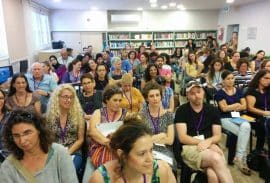
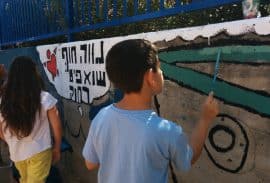
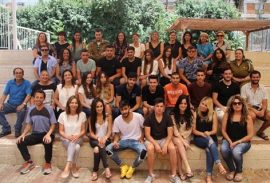
The Answer
Kedma Association supports two public schools in lower socioeconomic communities. The support for these educational institutions and the teaching staff is expressed through providing resources, knowledge, and training that facilitate quality education for the students. Consequently, these schools revolutionize the educational process and the academic achievements of their students. The students' success proves that the problem of inequality in education can be bridged through the academic intervention model.
The Need
The educational gaps in Israel are among the highest in the western world. Recently, the PISA 2015 results showed that the gap between students' scores in Israel is the greatest among OECD countries(*). Only 40% of students from weakened populations complete their high school studies with a matriculation certificate, compared to more than 65% of matriculation completion levels in more affluent areas. In areas with poor resources, many of the students are directed to professional schools that do not offer matriculation options, where most students eventually drop out of the educational system.
[*]PISA 2015: The gap between students' scores in Israel is the greatest among OECD countries, "Haaretz", 7.12.2016
- 7474 672 3 972+
- ke*****@*****et.il